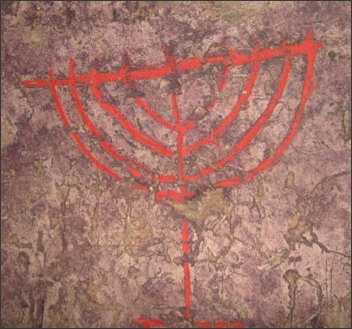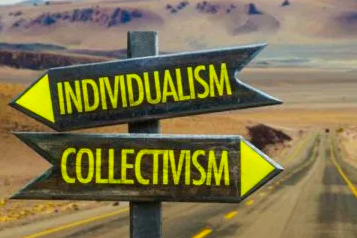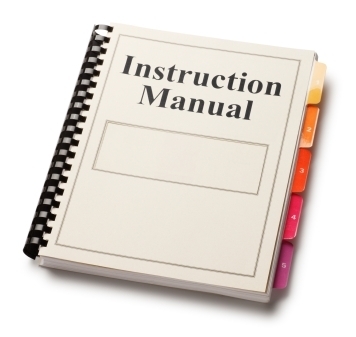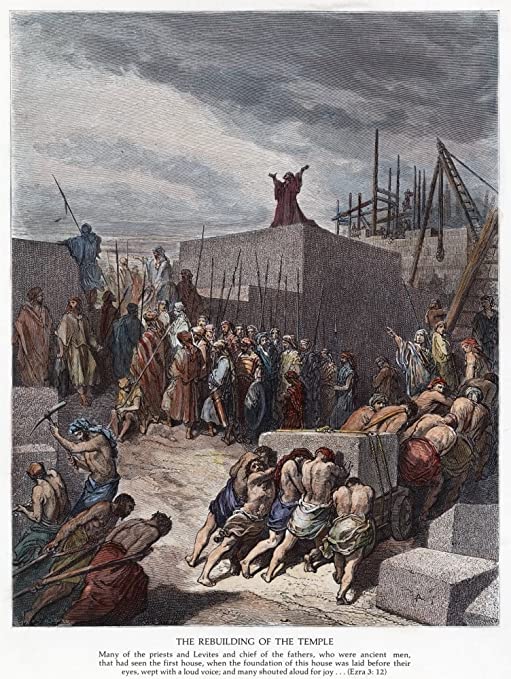Category Sermons
Thoughts on parashat Nitzavim.
Human beings are religious beings. This means we have a natural tendency to develop religion or something that metaphysically deals with the problematic mystery of human existence. Every time human beings want to get rid of religion something else fills this gap and becomes a new religion.
Refleksja nad paraszą Nicawim
Ludzie są istotami religijnymi. Oznacza to, że mamy naturalną skłonność do tworzenia religii albo czegoś, co zajmuje się od strony metafizycznej problematyczną tajemnicą ludzkiej egzystencji. Za każdym razem, kiedy ludzie chcą się pozbyć religii, coś innego wypełnia tę
Thoughts on parashat Ki Tavo.
What are the Jewish values? Typically, when this question is raised, the following values are mentioned: devotion to live in community (Israel), education (Torah), governance of life by law (halacha), truthfulness and trustworthiness (emunah), justice and righteousness (tzedek), kindness
Refleksja nad paraszą Ki Tawo
Czym są wartości żydowskie? W odpowiedzi na to pytanie wymienia się zazwyczaj następujące spośród nich: oddanie się życiu we wspólnocie (Izrael), wykształcenie (Tora), praworządność życia (halacha), prawdomówność i wiarygodność (emuna), sprawiedliwość i prawość
Thoughts on parashat Ki Teitzei.
I visited Poland over the last few weeks to perform my dad’s funeral and to help my mother to find herself living in new circumstances, without him. Not having a car throughout most of my four weeks’ trip I was dependent on public transportation. One day I got on the bus in Przemyśl
Refleksja nad paraszą Ki Teicei.
Ostatnich kilka tygodni spędziłem w Polsce. Musiałem wyjechać aby poprowadzić pogrzeb taty i pomóc mamie odnaleźć się w nowych warunkach, bez niego. Nie mając samochodu przez większość mojej czterotygodniowej podróży, byłem uzależniony od transportu publicznego. Pewnego
Thoughts on Parashat Shoftim.
Is it possible to eliminate crime completely? How about at least eliminating the worse crime, murder? It probably is possible. Here is a scenario: We lock all the people in individual prison cells and we construct our societies that way. It would require three social castes: prisoners
Refleksja nad paraszą Szoftim.
Czy możliwe jest całkowite wyeliminowanie przestępczości z naszych społeczeństw? A może da się wyeliminować tylko jeden rodzaj przestępstw, powiedzmy te najgorsze – morderstwa? Prawdopodobnie jest to możliwe. Można na przykład zamknąć wszystkich ludzi w oddzielnych
Thoughts of Parashat Re’eh
How do you know if those you think are wicked are really wicked? Aleksandr Solzhenitsyn said that there is no absolutely evil person in the world and no one who is absolutely good either (paraphrasing his famous saying which I quoted in my drasha a few weeks ago). Similarly, the great
Refleksja nad paraszą Ree.
Skąd możemy wiedzieć, czy ci, których uważamy za niegodziwych, są naprawdę niegodziwi? Aleksander Sołżenicyn powiedział, że nie ma na świecie żadnej absolutnie złej osoby ani nikogo, kto byłby absolutnie dobry (parafrazując jego słynne powiedzenie, które cytowałem





